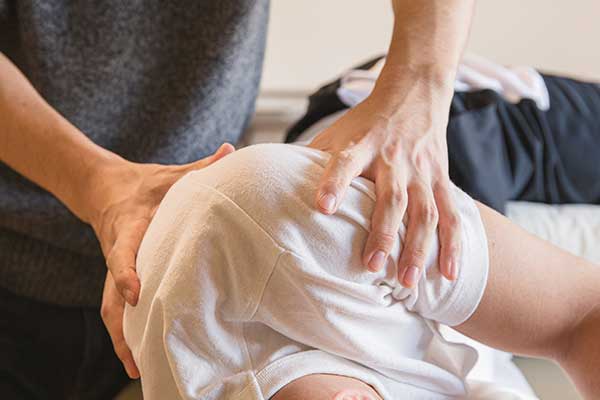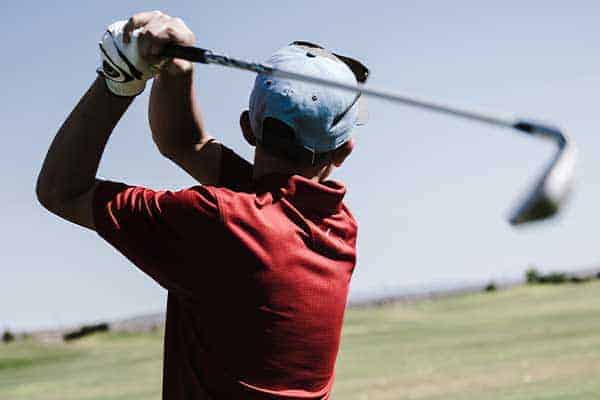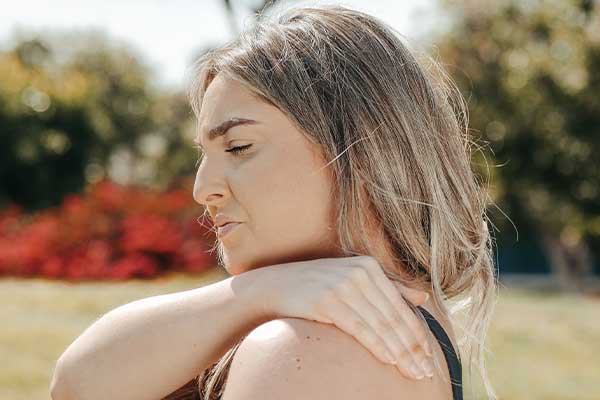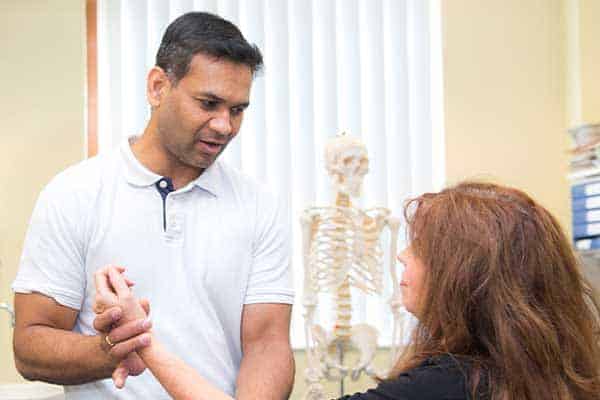The rotator cuff is a group of muscles in the shoulder that allow it full mobility and stability.
We often think of sports injuries in the same breath as premier sportspeople, but amateur and ‘part-time’ seekers of physical activity can also fall foul of the odd injury or two – particularly if they have launched into exercise without proper preparation.
These muscles are often put under stress in sports that involve shoulder rotation, such as tennis, swimming, kayaking, bowling in cricket and bowling.
The symptoms may include:
- Sudden, tearing feeling in the shoulder, followed by severe pain through the arm
- Limited movement of the shoulder due to pain or muscle spasm
- Possible tenderness over the point of rupture/tear
- A reduction in shoulder movement.
A chronic tear may develop over a period of time. It usually occurs at or near the tendon, as a result of the tendon rubbing against the overlying bone. It is:
- More often an affliction of the 40+ age group
- Gradual worsening of pain, eventually some weakness
- Eventually unable to lift the arm out to the side without assistance or do any activities with the arm above the head
- Some limitations of other movements depending on the tendon affected.
What to do when you get a sports injury
Stop what you are doing immediately and apply the RICE method:
Rest the area that is injured
Apply Ice to that area
Compress the area to restrict swelling
Where possible, Elevate the area also to restrict swelling.

How to get referred
Find out how to get referred to Practice Plus Group MSK & Diagnostics for NHS treatment.




